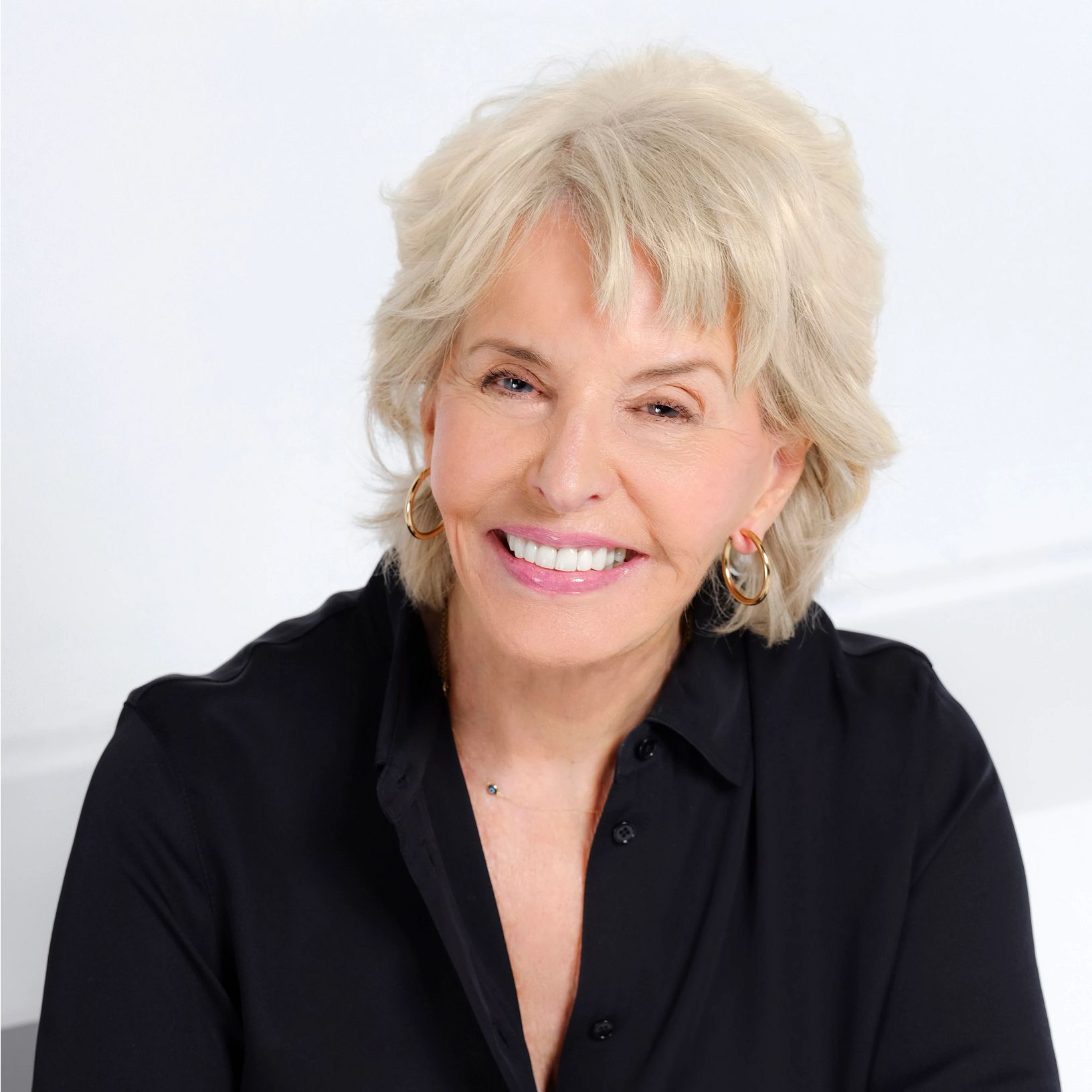AARP Hearing Center


Editor’s note: Sally Quinn, 83, is a longtime Washington Post reporter who cofounded the Post’s religion website, On Faith, and is the wife of the late Washington Post editor Ben Bradlee. Her new novel, Silent Retreat (June 3), features a married reporter, Sybilla Sumner, who attends a five-day silent retreat at a Virginia monastery and forges a special connection with another visitor, James Fitzmaurice-Kelly, archbishop of Dublin.
The love story at the center of my new novel, Silent Retreat, first came to me when I attended my own silent retreat some 15 years ago. It was at a Roman Catholic monastery, Our Lady of the Holy Cross Abbey, set on what once was a large farm on the Shenandoah River in Berryville, Virginia. It is one of the prettiest, most peaceful, most romantic places I have ever visited.
I had always been curious about silent retreats, but had never been tempted to go alone. Even though I had founded and edited the Washington Post’s religion website, On Faith, with fellow journalist Jon Meacham, my interest in religion was as a reporter and writer, not as a true believer. In fact, I was an atheist when I started On Faith. I don’t call myself that now. I’m what’s called in the trade SBNR: spiritual but not religious.
Then I received an invitation to attend a three-day silent retreat by a group I belonged to called PathNorth, an organization for CEOs who want to do good by doing well. I said yes.
Of course, my husband, Ben Bradlee, was amused. Though supportive, he had never really understood my newfound interest in religion. And the idea of my spending three days without talking was ludicrous to him. “You’ll never make it!” he said, laughing. I had doubts too, but I firmly believe we should all try new things and get out of our comfort zones. Not talking was definitely out of my comfort zone.


I arrived at Holy Cross one cold and windy late afternoon in January, and was asked to attend a meeting in the beautiful federal main house on a slope overlooking the farm that would prepare our group for the experience. Most of us didn’t know each other that well, so we were all a bit nervous. It was clear this would be a very intimate experience.
Armed with the basics — respect others’ silence, among other things — we went to our assigned rooms in the retreat house, which was sort of a cozy version of a motel. It had simple wooden furnishings in the lounge area, with a large sofa, chairs, and a nice rug in front of the fireplace. There was a house father, a monk in robes, to greet us and help us with our luggage to our rooms. I stopped to check out the bulletin board hanging in the entryway. It included a list of the guests’ names (no movie stars), the chapel services schedule and other announcements.
What caught my eye was a notice that a monk counselor was available for those who were interested in speaking with him. I was very interested.





































































You Might Also Like
How the Dog Park Helped Me Fetch New Friends
It's a place where people can connect over a shared interestWhy I'm Glad I Had Breast Reduction Surgery
The cosmetic procedure is becoming more popular with older women
How I Relearned the Art of Doing Nothing
After a stressful career, a move to Italy motivated me to change my pace